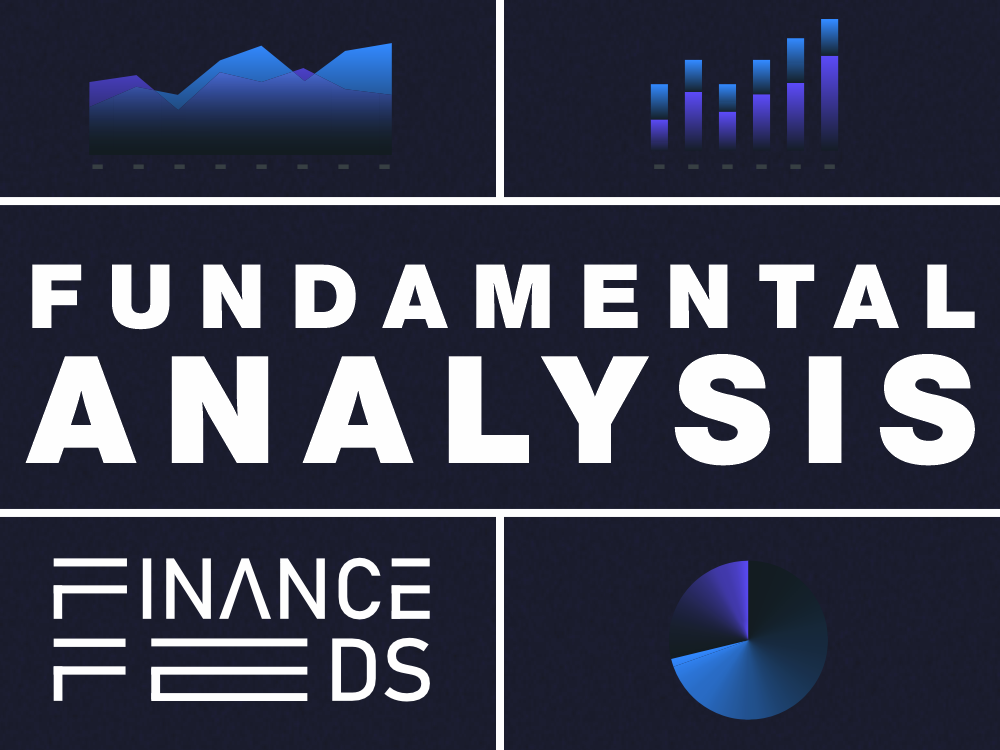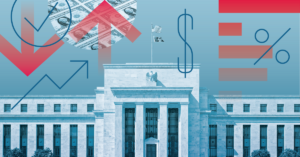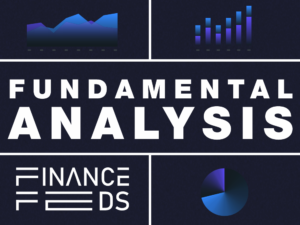
Global FX Market Summary: US Dollar Strength, Divergent Monetary Policy Outlooks, Market Sentiment And Risk Aversion 3 January ,2025
USD strength driven by strong US data, fewer Fed rate cuts, anticipated Trump policies, and cautious market sentiment favoring safe havens.
US Dollar Strength Driven by Economic Data and Policy Expectations
The US Dollar (USD) is exhibiting widespread strength against major currencies like the Euro (EUR), British Pound (GBP), and New Zealand Dollar (NZD). This surge is fueled by several converging factors. Firstly, positive US economic data, particularly the Initial Jobless Claims for the week ending December 28th, which came in at 211,000—below both the previous week’s 220,000 and market forecasts of 222,000—signals a robust US labor market and bolsters the USD. Secondly, expectations surrounding Federal Reserve (Fed) interest rate cuts are shifting. While cuts are anticipated in 2025, the market is now pricing in fewer cuts than previously projected, with the Fed’s dot plot indicating a year-end Federal Funds rate of 3.9%, implying only two cuts compared to earlier forecasts of four.
This relatively hawkish stance compared to other central banks provides further support to the USD. Thirdly, anticipated policies under President-elect Trump’s administration, such as tighter immigration and higher import tariffs, are fostering beliefs of potential US growth stimulation and increased inflation, further strengthening the USD. Finally, the December ISM Manufacturing PMI, while still indicating contraction at 49.3, slightly exceeded expectations of 48.4, and the Prices Paid Index component rose from 50.3 to 52.5, demonstrating increasing price pressures and lending further support to the USD.
Divergent Monetary Policy Outlooks Between the US and Other Regions
A crucial theme is the growing divergence in monetary policy expectations between the US and other major economies, most notably the Eurozone and potentially China. While the Fed is expected to implement rate cuts at a measured pace, the European Central Bank (ECB) is widely anticipated to continue its policy easing cycle. This contrast in outlook creates downward pressure on the EUR/USD exchange rate, with market participants even pricing in four ECB rate cuts for the year. Simultaneously, the People’s Bank of China (PBoC) has signaled potential further easing measures, including reductions in reserve ratio requirements (RRR) and interest rates. This anticipation of Chinese stimulus has a positive effect on currencies like the NZD, given New Zealand’s significant trade relationship with China.
Market Sentiment and Risk Aversion
Overall market sentiment and risk appetite are also playing a significant role in currency movements. The “cautious market mood” observed at the beginning of 2025 has benefited the USD, as it is often considered a safe-haven currency during periods of investor uncertainty and risk aversion. Additionally, ongoing geopolitical tensions, including those related to Iran’s nuclear program and the Russia-Ukraine conflict, are contributing to safe-haven demand, which in turn supports assets like gold. These three themes are intertwined and collectively influence the dynamics observed within the currency markets.
Top Important Economic Events for Next Week:
- 01/06/2025 01:45 Caixin Services PMI (HIGH, CNY): This Purchasing Managers’ Index provides a key insight into the health of China’s service sector, a significant driver of its economy. A reading above 50 indicates expansion, while below 50 signals contraction. It can significantly impact CNY and global market sentiment.
- 01/06/2025 13:00 Consumer Price Index (MoM/YoY) (HIGH, EUR): These figures measure the change in prices of goods and services in the Eurozone. They are crucial for the European Central Bank’s monetary policy decisions. High inflation can lead to interest rate hikes, impacting the EUR.
- 01/06/2025 13:00 Harmonized Index of Consumer Prices (YoY) (HIGH, EUR): This is another key inflation indicator for the Eurozone, harmonized across member states for better comparison. It is also closely watched by the ECB.
- 01/07/2025 07:30 Consumer Price Index (YoY) (HIGH, CHF): This measures inflation in Switzerland. It’s important for understanding the Swiss National Bank’s policy and impacts the CHF.
- 01/07/2025 10:00 Core Harmonized Index of Consumer Prices (MoM/YoY) (HIGH, EUR): This excludes volatile items like food and energy, offering a clearer picture of underlying inflation trends in the Eurozone, which is closely monitored by the ECB.
- 01/07/2025 10:00 Harmonized Index of Consumer Prices (MoM/YoY) (HIGH, EUR): As mentioned previously, the Harmonized Index of Consumer Prices is a key inflation metric for the Eurozone and influences ECB policy.
- 01/07/2025 15:00 ISM Services PMI (HIGH, USD): This index reflects the performance of the US service sector, which makes up a large portion of the US economy. It is a key indicator of economic health and can significantly move the USD.
- 01/08/2025 00:30 Monthly Consumer Price Index (YoY) (HIGH, AUD): This measures inflation in Australia and is crucial for the Reserve Bank of Australia’s monetary policy decisions, impacting the AUD.
- 01/08/2025 13:15 ADP Employment Change (HIGH, USD): This report provides an early estimate of US private sector job growth before the official nonfarm payrolls report. It can significantly impact market expectations and USD movements.
- 01/10/2025 13:30 Nonfarm Payrolls (HIGH, USD): This is one of the most closely watched economic indicators globally. It measures the change in the number of employed people in the US, excluding farm workers, government employees, and private household employees. It has a major impact on the USD, interest rate expectations, and market sentiment.
The subject matter and the content of this article are solely the views of the author. FinanceFeeds does not bear any legal responsibility for the content of this article and they do not reflect the viewpoint of FinanceFeeds or its editorial staff.
The information does not constitute advice or a recommendation on any course of action and does not take into account your personal circumstances, financial situation, or individual needs. We strongly recommend you seek independent professional advice or conduct your own independent research before acting upon any information contained in this article.




